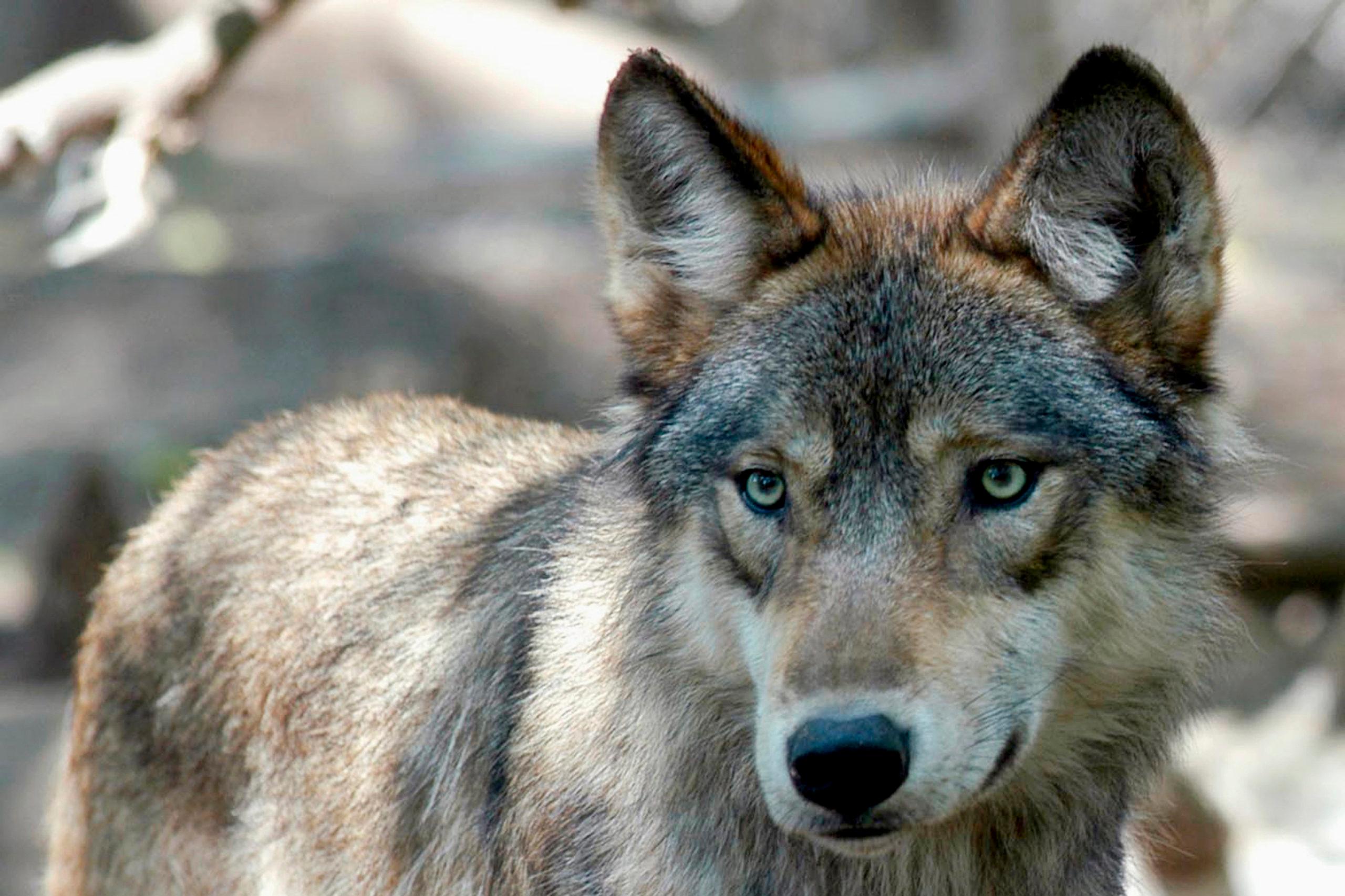
As the old saying goes: the truth is in the turds.
On Wednesday, Colorado Parks and Wildlife announced it had received test results from four feces samples collected near the scavenged remains of an elk in Northwest Colorado. All appear to have come from wolves.
The findings mark the first documentation of a wolf pack in the state since the 1940s. The DNA results also revealed new information about Colorado's hottest new canid residents. Three are female, one is male and all appear to be full siblings. Their specific ages remain unknown.
State biologists already had strong evidence a pack has been living in Moffat County.
Last October, hunters filmed a group of wolves near the Wyoming border. In January, the agency received a report of an elk carcass just a few miles from the same location. An investigation found the scat and a number of large canid tracks. The elk had also been picked to the bone, which is consistent with how wolves deal with their prey.
Later, biologists heard distinct howls in the area and observed a group of about six wolves through binoculars.
The news has complicated a ballot initiative to force the reintroduction of gray wolves to Colorado. While proponents have cheered the arrival of the Moffat County pack, they have no plans to pull the ballot measure.
“The only way to ensure the long term success of these wolves is to reintroduce enough that they rekindle a viable population," said Rob Edward of the Rocky Mountain Wolf Action Fund. "A small group of individuals like this could disappear in the blink of an eye.”
In an effort to gather more evidence, CPW has asked anyone who sees, hears or finds signs of wolves to fill out their wolf sighting form.
They also remind the public that gray wolves remain a federally endangered species in Colorado. According to the U.S. Fish and Wildlife Service, killing a wolf can result in federal charges, including a $100,000 fine and a year in prison for each offense.









